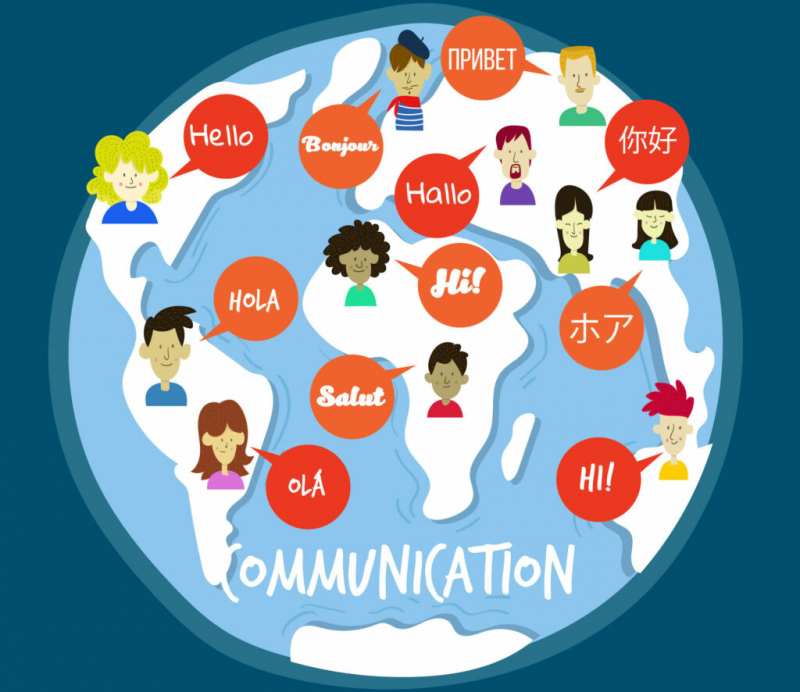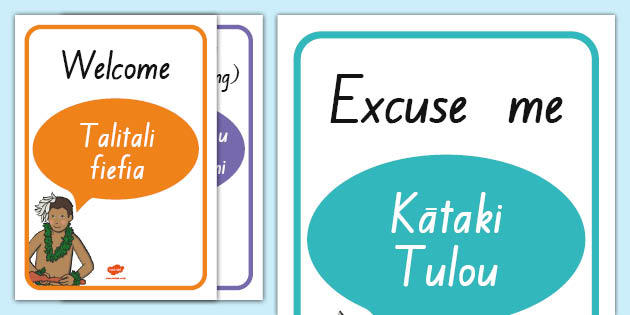Language
Tonga's national languages are Tongan and English. With the exception of Niuafo'ouans, who use some features of Samoan, the majority of Tonga speak the same dialect. Even though Tongan is the most common language, most Tongans in Tonga's most populous islands, notably Tongatapu and Vava'u, speak English as a second language. Nevertheless, Tongan slang will undoubtedly be used frequently during your vacation, from "malo e lelei" to "lu" on the menu to sleeping in a "fale" to people uttering it. This basic guide to Tonga's language will teach you a little bit about it.
Given that all letters are completely voiced and there are no tricky continuous clusters or diphthongs, the Tongan language is reasonably easy for English speakers to pronounce. It's interesting to note that every syllable in Tongan is followed by a vowel, but you should use caution when employing vowel length as it can alter the meaning of some words. A lengthy vowel is denoted by a macron (,, etc.). However, although macrons are designed to be used in writing, the practice is frequently disregarded, which is puzzling to outsiders.












